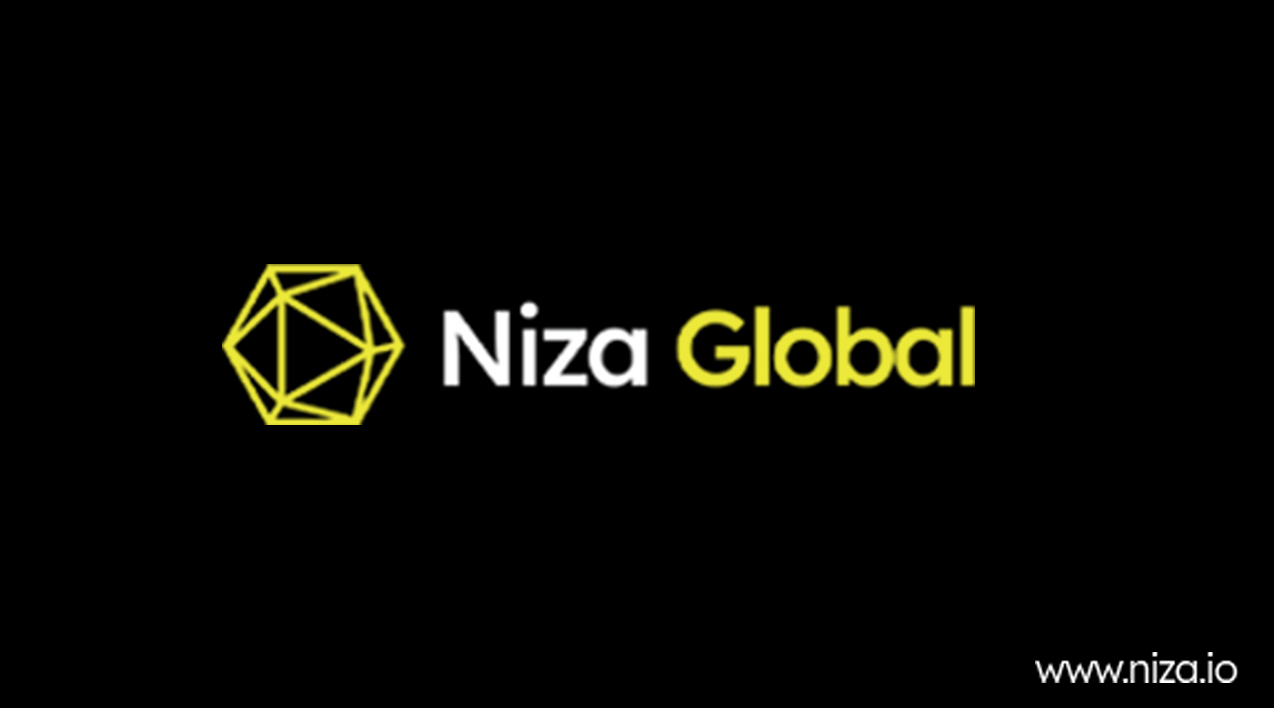Decentralized Applications (DApps) are software programs that operate on blockchain networks, offering improved security, transparency, and autonomy. DApps are powered by smart contracts and function on peer-to-peer networks, removing the need for a central authority. While DApps provide numerous advantages, they also encounter challenges such as scalability issues and potential security risks.
Understanding Decentralization
Decentralization refers to the distribution of power, control, and decision-making across a network or system, rather than being concentrated in a single individual or organization. By distributing authority among various participants, decentralization removes the need for a central entity to make all the decisions. Blockchain technology facilitates decentralization by utilizing multiple computers (nodes) to maintain a shared database and validate transactions, ensuring that no single entity holds complete control over the system.
What is a DApp?
A Decentralized Application (DApp) is an application that runs on a blockchain network. DApps leverage the features of the blockchain they are built on to offer enhanced security, transparency, and autonomy compared to traditional applications. This decentralization of control means that when you use a DApp, your data isn’t controlled by a single company or server; instead, it is stored on the blockchain and verified by multiple nodes. DApps can serve various functions, including financial transactions, gaming, supply chain management, voting systems, and creating digital art.
How do DApps Work?
DApps are powered by smart contracts, and their back-end code operates on distributed, peer-to-peer networks. A smart contract is a set of pre-determined rules enforced by computer code. When specific conditions are met, all nodes in the network execute the tasks defined in the contract. Once deployed on the blockchain, smart contracts are immutable, meaning the code cannot be easily changed or destroyed. This provides the DApp with a level of continuity, even if the original development team disbands.
Advantages of DApps
DApps offer several significant benefits, including transparency, autonomy, and fostering innovation. All transactions and activities within a DApp are recorded on a public ledger, allowing anyone to verify and audit the data. Users have control over their data and assets and can interact directly with others without relying on intermediaries or central authorities. Additionally, DApps promote innovation by enabling developers to build on existing platforms and protocols, often with open-source components that encourage collaboration within the developer community.
Disadvantages of DApps
Despite the advantages, DApps face challenges. One of the primary issues is scalability. Some blockchains have limitations in processing speed and capacity, which can result in slower transaction speeds and higher transaction costs. While DApps are designed to enhance security, they are not entirely immune to breaches or attacks, especially as new users interact with the system.


